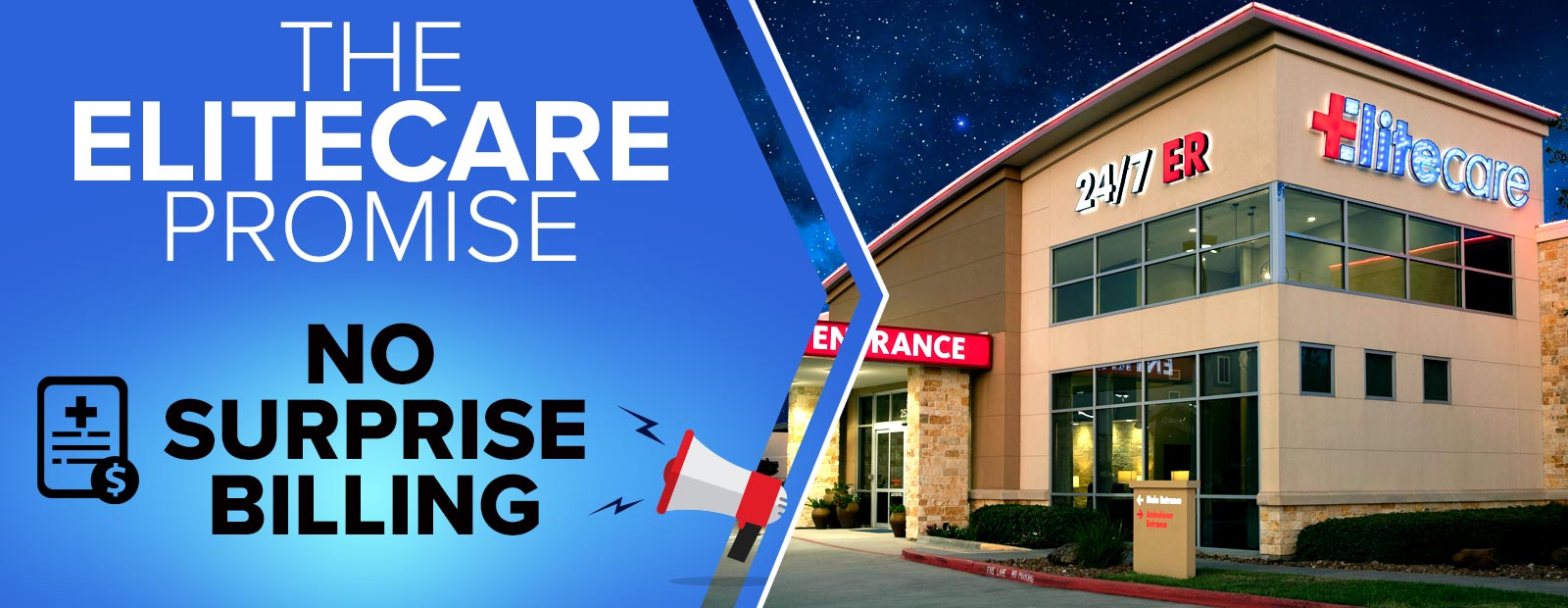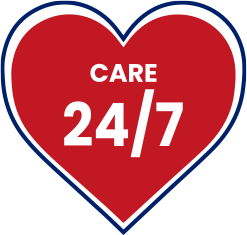
Your emergency medical care should be covered at In-Network levels by law, regardless of the contracted status of the facility you seek care at. Surprise bills are a result of private insurers choosing to deny coverage of your emergency room visit. This can result in inflated patient financial responsibility.
Elitecare will never send you a surprise bill. We take great care to review each claim and ensure that your insurer processes the claim correctly.
For more information regarding the No Surprises Billing Act, download Your Rights and Protections Under the No Surprises Billing Act.
The terms “surprise bill” and “balance bill” are often used synonymously by insurers. The words “Surprise bill” and “balance bill” should never be used synonymously. Most surprise bills usually involve a surprise lack of insurance coverage and not surprise “balance billing.” In other words, your emergency medical care should be covered at In-Network levels by law, regardless of the contracted status of the facility you seek care at. Surprise bills are a result of private insurers choosing to deny coverage of your emergency room visit. This can result in inflated patient financial responsibility. The portion of the emergency room charges that you as a patient are responsible for have increased primarily due to poorer and less effective health insurance coverage.
Elitecare will never send you a surprise bill. We take great care to review each claim and ensure that your insurer processes the claim correctly.
In this case, we provide you with a free medical screening examination. If your condition is determined to be emergent, you will be treated at Elitecare without regard of your ability to pay or insurance status. If your condition is deemed to be non-emergent, you will then be told what medical services we recommend and the cost of those services at our discounted prompt pay rates (for payment at the time of service). You may then make the decision to stay for treatment at the prompt pay rates or we can assist you with other options.
We treat you and file with your insurer on your behalf for your emergency room visit. We then work with your insurer on the allowable amount of our claim. You are only responsible for the co-pay and the co-insurance amounts that you have already agreed to pay under the terms of your health insurance policy as with any emergency facility. You are NOT billed until we have settled on an agreed amount of our claim with your insurance company. You are NOT responsible for any balance bill in excess of those co-pay and co-insurance amounts. There are times that your insurer may require you, as the patient to provide them some information prior to them processing your claim correctly. In this case, our representative will contact you to ensure that the information is received, and the claim processed correctly.
In this case, you can elect either Option 1 or Option 2 above. If you elect Option 2, you may also be responsible for your remaining annual deductible. If payment of these charges creates a financial hardship for you, we will work with you to defer or reduce any charges in an appropriate manner.
Quality health care is our priority, and we tirelessly review ways to improve our patient care. If you have a concern about your care, please contact our patient advocate at (281) 337-7500.
In all cases, we will comply with the terms of the Emergency Medical Treatment And Labor Act of 1986 (“EMTALA”) and treat or stabilize all patients that have “a condition manifesting itself by acute symptoms of sufficient severity (including severe pain) such that the absence of immediate medical attention could reasonably be expected to result in placing the individual’s health [or the health of an unborn child] in serious jeopardy, serious impairment to bodily functions, or serious dysfunction of bodily organs.”


Copyright © 2024 · Elitecare Emergency Hospital · 2530 Gulf Fwy, League City, TX 77573 · Tel: 281-337-7500